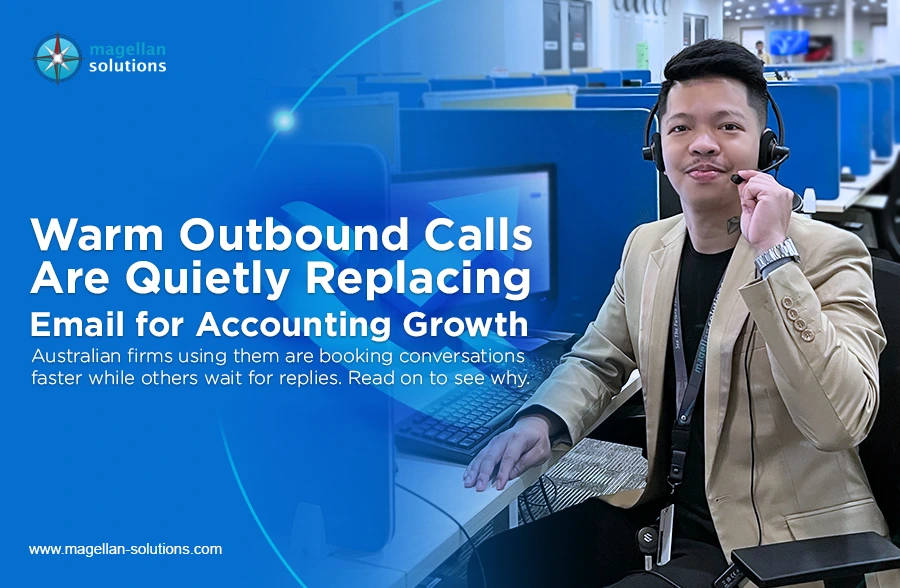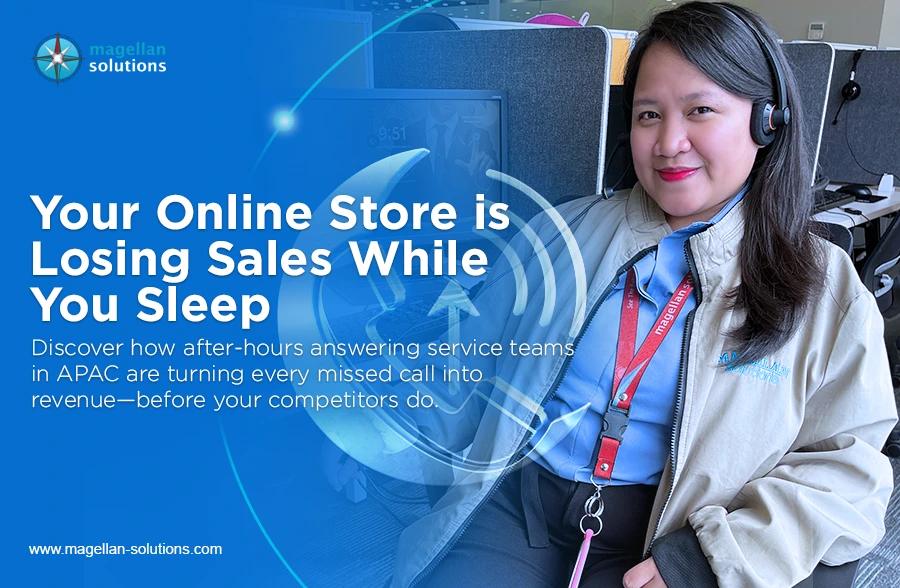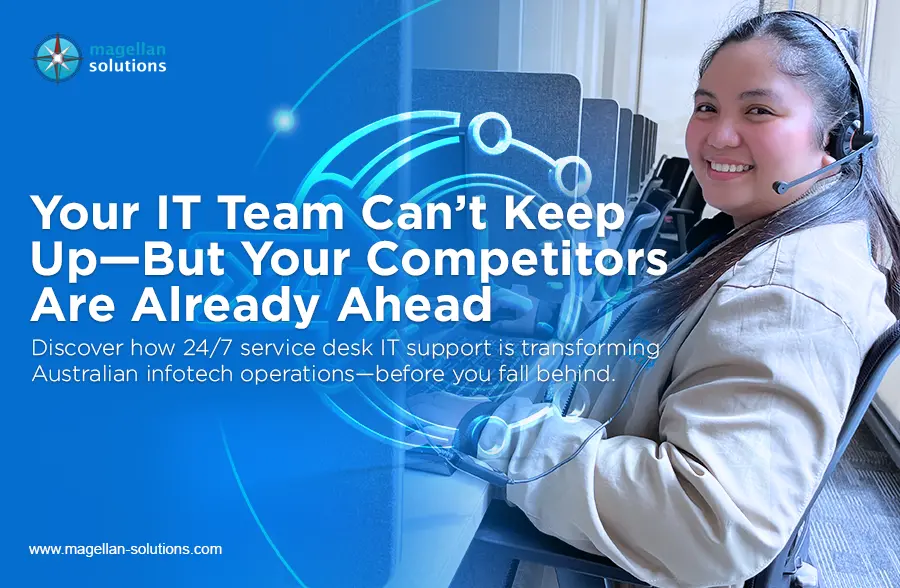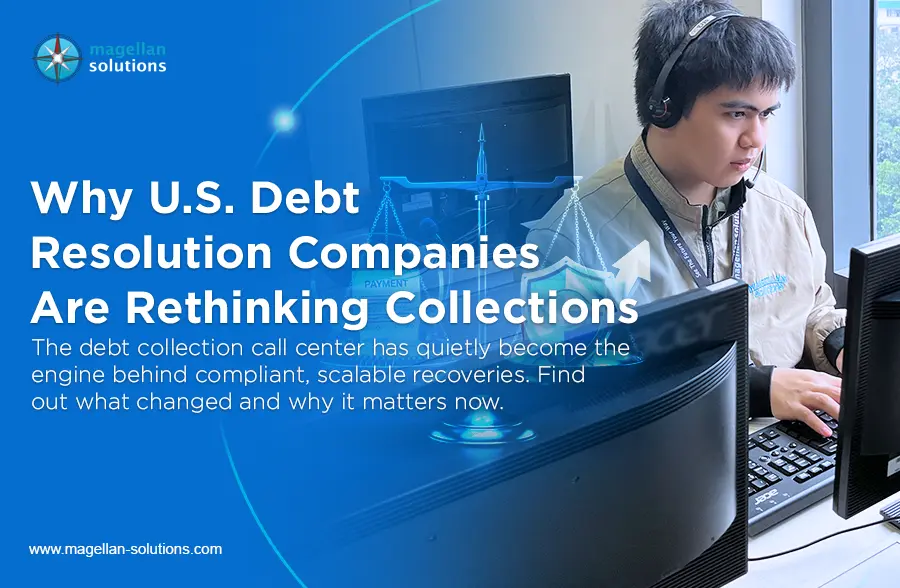Schedule a FREE call with our outsourcing expert now and get a precise quotation that meets your requirements. Don't wait - get started today!
When it comes to business success, customer service is one area you can’t afford to overlook. Poor customer service is one of the quickest ways to lose customers—whether you realize it or not. It’s not just about losing a sale. Bad interactions can lead to negative reviews, lower customer retention, and long-term damage to your brand’s reputation.
Are you sure your customer service is at its best, or could you make costly mistakes without realizing it?
In this article, we’ll cover seven common customer service mistakes businesses make and how to fix them. From slow response times to neglecting feedback, these issues could silently hurt your bottom line. The good news is every mistake has a solution. Addressing these missteps can improve customer experiences and set your business up for success.
1. Lack of Active Listening
Active listening is critical when interacting with customers. Unfortunately, many businesses fail to listen effectively, which leads to misunderstandings and unresolved issues. When companies don’t focus on truly understanding customer concerns, they often provide solutions that don’t fully address the problem.
This can result in repeated complaints, dissatisfied customers, and decreased customer retention. Studies show that 58% of customers are willing to pay more for great service, but only if their concerns are heard and addressed.
When Does This Happen?
This mistake occurs when customer service agents are more focused on giving a quick response than fully understanding the customer’s problem. It also happens when employees interrupt customers or make assumptions instead of asking clarifying questions.
2. Ineffective Communication
Communication breakdowns, such as unclear messages or technical jargon, frustrate customers. A lack of communication can lead to unmet expectations and lost business opportunities. When businesses don’t explain things clearly or fail to provide timely updates, customers may feel left in the dark, leading to frustration and a loss of trust. Clear and simple communication is key to avoiding misunderstandings and ensuring customer satisfaction.
When Does This Happen?
This issue arises when businesses use overly complex language or fail to communicate updates and solutions in a way the customer can easily understand. It can also occur when there is inconsistency between different departments, leading to mixed messages.
3. Failure to Provide Omnichannel Support
Customers expect to reach you through their preferred channels, whether it’s phone, email, or social media. Not offering omnichannel support limits their options and leads to frustration. Customers increasingly want the flexibility to switch between channels seamlessly, and when businesses fail to meet this expectation, it can result in fragmented and unsatisfactory service experiences. Offering omnichannel support is essential for meeting the diverse needs of today’s consumers.
When Does This Happen?
This occurs when businesses rely on one or two communication channels and neglect others, such as social media or chatbots. It also happens when the customer service experience is inconsistent across channels, leading to confusion and frustration.
4. Slow Response Times
Customers value quick responses. When businesses fail to respond promptly, it signals that customer concerns are not a priority. Delays in addressing customer inquiries can cause frustration and impatience, leading customers to seek out competitors who respond faster. Speedy responses show that you respect your customer’s time and are committed to resolving their issues as soon as possible.
When Does This Happen?
This happens when businesses are understaffed, lack a clear process for managing customer inquiries, or fail to prioritize urgent issues. Long wait times on hold or slow email response times are common examples of this mistake.
5. Not Resolving Issues on First Contact
When customers have to contact you multiple times for the same issue, it creates frustration and damages trust. Repeated interactions for the same problem not only waste the customer’s time but also increase operational costs for the business. First-contact resolution is a key factor in ensuring customer satisfaction and loyalty.
When Does This Happen?
This happens when customer service agents do not have enough authority to resolve issues or when businesses don’t have clear processes in place for first-contact resolution. It can also occur if agents aren’t properly trained or equipped with the right tools to handle issues quickly.
6. Lack of Personalization
Generic responses and solutions make customers feel undervalued. Personalization can go a long way in improving customer service experiences. When businesses take the time to understand individual customer needs and preferences, it builds stronger connections and increases the likelihood of long-term loyalty.
Personalization makes customers feel like their concerns are being addressed with care and attention. Research indicates that 59% of customers feel more loyal to companies that provide personalized service.
When Does This Happen?
This mistake occurs when businesses use canned responses that do not address the specific needs of the customer. It also happens when companies fail to use customer data to personalize interactions based on past purchases, preferences, or previous interactions.
7. Neglecting Customer Feedback
Ignoring customer feedback is a missed opportunity for improvement. Customers often provide valuable insights into service gaps, but many companies fail to take action. Gathering and acting on feedback not only improves your services but also makes customers feel heard and valued, strengthening their loyalty to your brand. Failing to listen to feedback can lead to repeated mistakes and missed opportunities to enhance the customer experience.
When Does This Happen?
This happens when businesses either do not have a system for collecting feedback or fail to act on the feedback they receive. It can also occur when feedback is collected, but there is no follow-up with customers to show how their input has been used.
How to Fix Common Customer Service Mistakes
Now that we’ve covered the top customer service mistakes, let’s focus on how to fix them. Here are some practical steps you can take to improve your customer service processes.
– Train Your Team on Active Listening Skills
Training your team to listen carefully is essential. Make sure they take the time to understand what the customer is saying rather than just responding quickly. Encourage your staff to ask clarifying questions to ensure they fully grasp the issue before providing a solution.
– Improve Communication Across Channels
Consistent communication is key to customer satisfaction. Invest in omnichannel support systems to streamline communications across phone, email, live chat, and social media. Ensure that your messages are clear, concise, and technical jargon-free.
– Use Technology to Speed Up Response Times
Incorporating AI-powered chatbots can help handle simpler customer inquiries, freeing up your human agents to handle more complex issues. Using automation and ticketing systems also ensures that customer requests are routed to the right department, reducing wait times.
– Empower Your Staff to Resolve Issues
Give your customer service representatives the authority to make decisions that can solve customer problems on the spot. This reduces the need for escalations and follow-ups, improving first-contact resolution rates.
– Personalize Every Interaction
Use customer data to personalize interactions. Your staff should reference past customer interactions, know the customer’s purchase history, and tailor solutions to individual needs. This simple step shows customers that they are valued.
– Seek and Implement Customer Feedback
Implementing a customer feedback system, like post-interaction surveys or reviews, is key to identifying areas for improvement. Analyze the feedback you receive and make changes accordingly. Let customers know how their input has helped improve services.
Tips for Avoiding Future Customer Service Mistakes
It’s not enough to just fix issues as they arise—you need to take proactive steps to prevent them in the first place. Here are some key tips to avoid future customer service problems:
-
Regularly Audit Your Customer Service Processes
Conduct regular reviews of your customer service systems. Identify areas where response times lag or where customers frequently have to call back. This will give you a clear picture of where improvements are needed.
-
Provide Continuous Training
Customer service trends evolve, and so should your team. Invest in ongoing training to keep your staff updated on new technologies, communication strategies, and problem-solving techniques.
-
Foster a Culture of Customer-Centricity
Make customer satisfaction the primary focus of your company culture. When employees understand that keeping customers happy is their top priority, they are more likely to go the extra mile to provide exceptional service.
-
Monitor Customer Satisfaction Metrics
Use tools like Net Promoter Scores (NPS) and Customer Satisfaction (CSAT) scores to track how well your team is doing. Monitoring these metrics helps you identify trends and potential issues before they become significant problems.
-
Encourage Open Communication Among Your Team
Fostering a collaborative environment within your customer service team is crucial. When team members openly communicate about challenges and solutions, they can work together to improve overall service quality.
Elevate Your Customer Service Standards with Magellan Solutions
Discover how Magellan Solutions can enhance your customer service and drive business growth! Schedule your FREE 60-minute business consultation today. Our experts will analyze your current customer service practices, identify key areas for improvement, and provide actionable strategies to streamline your processes.
From optimizing response times to implementing effective feedback systems, we’ll help you deliver exceptional customer experiences that boost satisfaction and retention—NO COMMITMENTS, just tailored solutions that deliver results!















